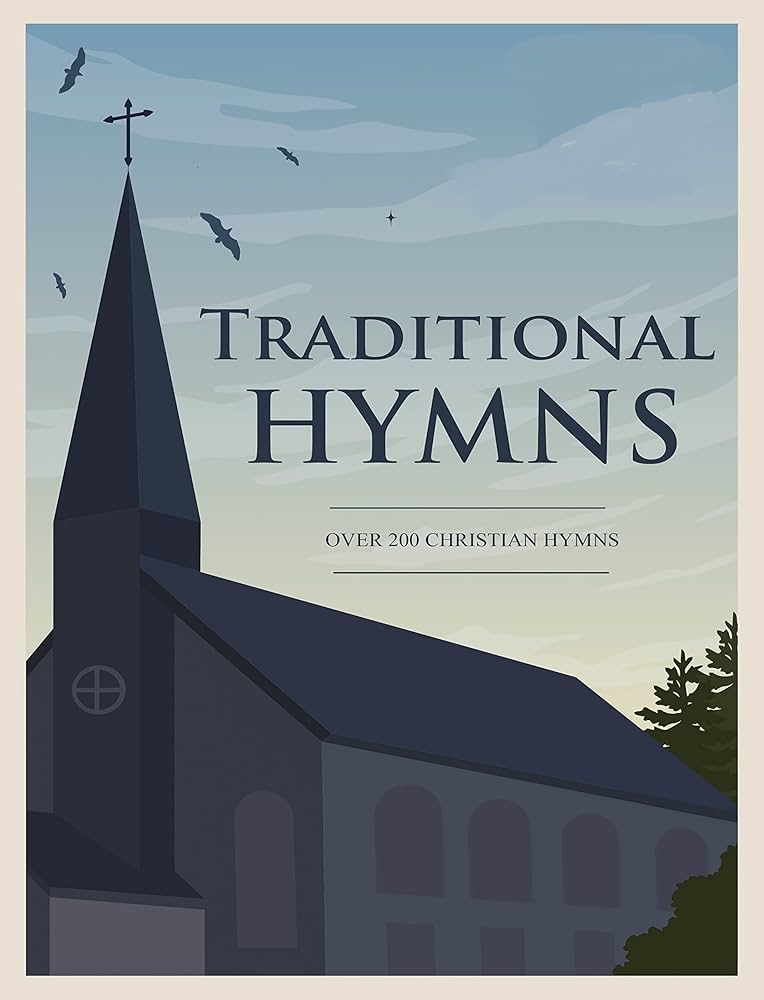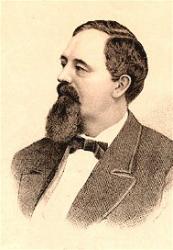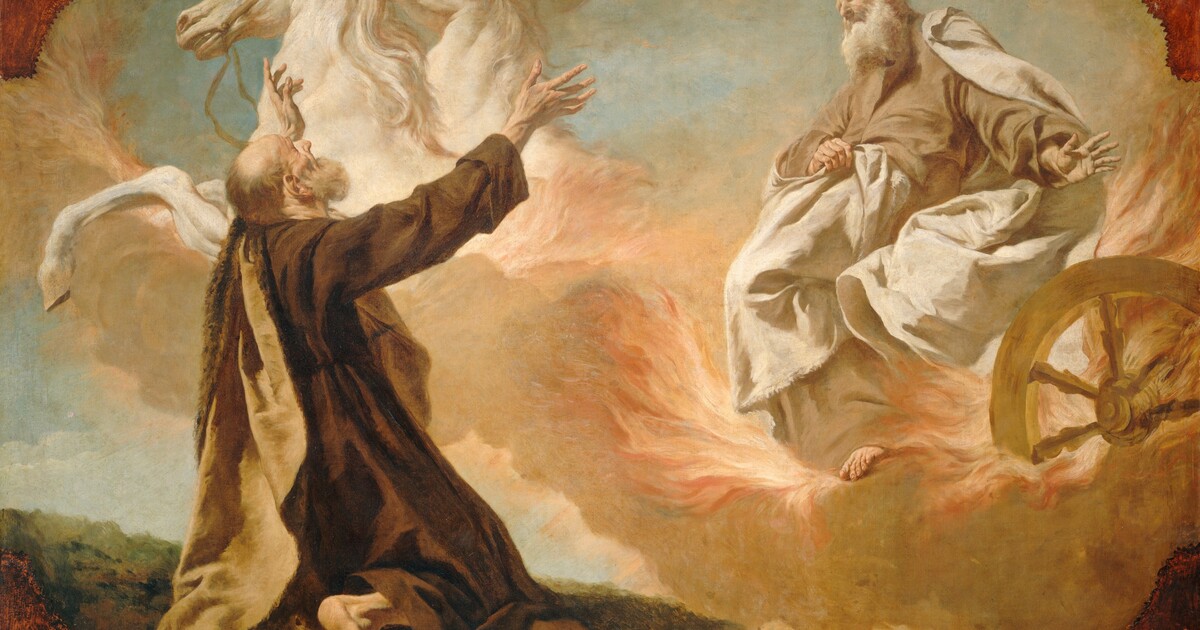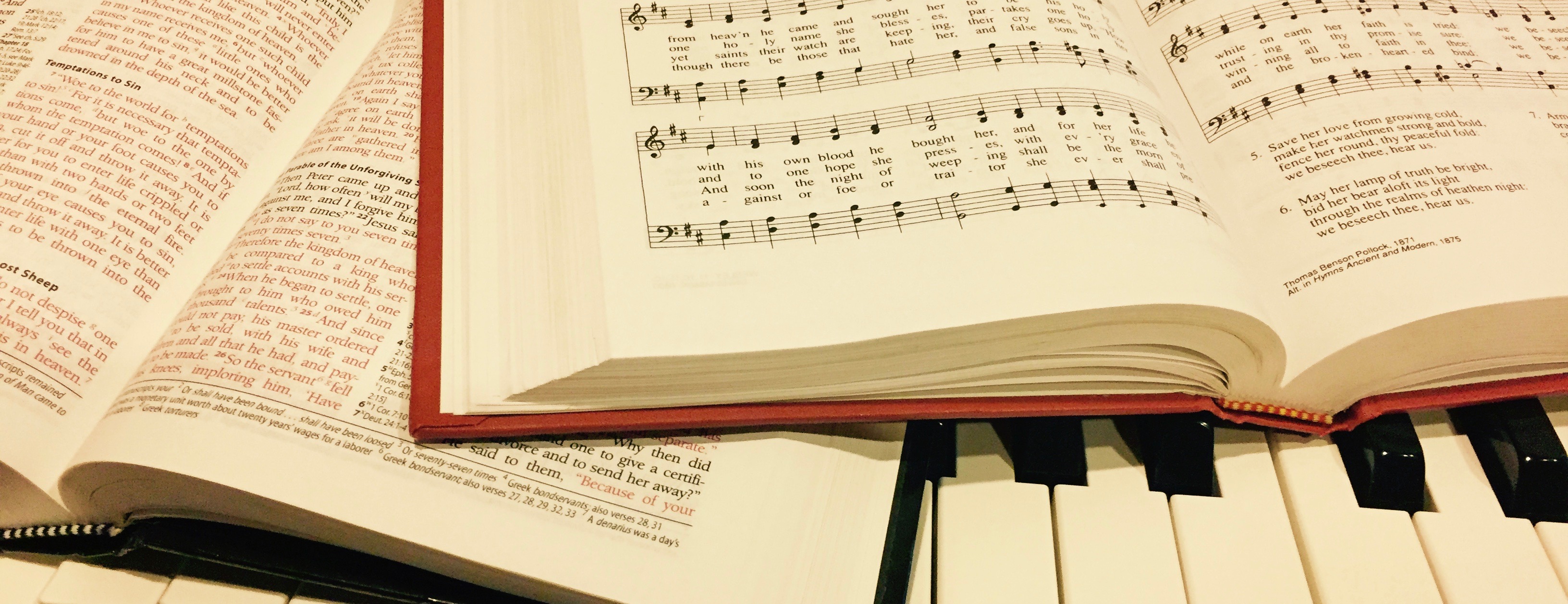There Were The Ninety and Nine That Safely Lay
Lyrics
In the shelter of the fold
But one was out on the hills away,
Far off from the gates of gold—
Away on the mountains wild and bare,
Away from the tender Shepherd's care.
Are they not enough for thee?
But the Shepherd made answer: ’Tis of mine
Has wandered away from me.
And although the road be rough and steep,
I go to the desert to find my sheep.
How deep were the waters crossed,
Nor how dark was the night the Lord pass’d
Ere he found his sheep that was lost.
Out in the desert he heard its cry—
Sick and helpless and ready to die.
That mark out the mountain’s track?”
“They were shed for the one who’d gone astray
Ere the Shepherd could bring him back.
“Lord, why are these hands so rent and torn?”
“They’re pierced tonight by many a thorn.”
And up from the rocky steep,
There rose such a cry to the gate of Heav’n,
“Rejoice, I have found my sheep!”
And the angels echoed around the throne,
“Rejoice, for the Lord brings back his own!”
Bible Reference
Luke 15:3-7
About This Hymn
Author – Elizabeth C. Clephane, 1830–1869
Composer – Ira D. Sankey, 1840–1908
Meter – Irregular
Scripture Reference – Luke 15:3–7
“I say unto you, that likewise joy shall be in heaven over one sinner that repenteth, more than over ninety and nine just persons, which need no repentance.” – Luke 15:7
Elizabeth Cecilia Clephane, author of the beloved hymn “The Ninety and Nine,” was born in Edinburgh, Scotland, and spent much of her life in the picturesque region of Melrose, near Abbotsford. Though often in frail health, she was known for her gentle spirit and was affectionately called “the Sunbeam” by those who knew her. Clephane found joy in writing poetry, and several of her poems were published in The Family Treasury, a Scottish Presbyterian magazine. Most of her works, however, were published anonymously and only posthumously in 1872—three years after her death at the age of thirty-nine. Among her literary contributions, “The Ninety and Nine” holds a special place, especially as it was written specifically for children and first published in The Children’s Hour, a Christian magazine.
The hymn gained unexpected fame through a providential encounter during the revival campaigns of American evangelists Dwight L. Moody and Ira D. Sankey in Great Britain. In 1874, while traveling by train from Glasgow to Edinburgh to preach at the Free Assembly Hall, Sankey purchased a newspaper at the station, hoping for news from America. As he casually flipped through the pages, he stumbled upon Clephane’s poem and was instantly captivated by its message. Though Moody was preoccupied with sermon preparation, Sankey quietly tore out the poem and tucked it into his vest pocket. That very afternoon, Moody concluded his sermon on “The Good Shepherd” from Luke 15 and asked Sankey to sing a fitting solo. Unprepared, Sankey recalled the poem he had just read. He placed the newspaper clipping on his organ, prayed silently for inspiration, and began composing the melody on the spot. As he sang the freshly penned tune aloud to the crowd, he later recalled feeling overwhelmed by the emotion in the room. When he finished, both he and Moody were in tears. The message of the lost sheep touched many hearts, and a significant number responded to the invitation to receive Christ.
Later during their British campaign, Moody and Sankey visited Melrose, where Clephane had lived. Present in the audience were her two sisters. One can only imagine their astonishment upon hearing their late sister’s poem transformed into a powerful gospel song, moving listeners and leading many to Christ. “The Ninety and Nine” remains the most well-known of Clephane’s hymns, though she is also the author of “Beneath the Cross of Jesus,” another cherished text in Christian hymnody.
Ira D. Sankey, the composer who set Clephane’s words to music, was born on August 28, 1840, of Scotch-Irish descent. He grew up in Newcastle, Pennsylvania, where he became active in the Methodist Episcopal Church and began singing in choirs at an early age. His rich baritone voice quickly gained attention. During the Civil War, Sankey served in the Twelfth Pennsylvania Regiment and often led singing during religious gatherings among the soldiers. Though initially unsure about pursuing music ministry as a career, Sankey returned home after the war and took a government job in the Internal Revenue Service.
In 1870, he attended a YMCA convention in Indianapolis as a delegate. The quality of music at the meetings was poor, and someone suggested Sankey take over. His leadership instantly revitalized the gathering. There he met D. L. Moody for the first time. After a brief but pointed exchange, Moody challenged him directly: “You’ll have to give it up.” Sankey, stunned, listened as Moody continued, “I’ve been looking for you for the last eight years. You have to come to Chicago and help me in my work.” After months of prayer and reflection, Sankey resigned his government post and joined Moody in evangelistic work, launching a historic partnership that would deeply influence gospel music.
The very organ upon which Sankey composed the impromptu melody for “The Ninety and Nine” is now preserved in the chapel at the Billy Graham Evangelistic Association headquarters in Minneapolis, Minnesota. Sankey went on to compose and popularize several other hymns, including “Hiding in Thee,” “A Shelter in the Time of Storm,” and “Trusting Jesus.” Through the unlikely convergence of Elizabeth Clephane’s tender poem and Sankey’s inspired melody, “The Ninety and Nine” continues to tell the story of Christ’s compassionate pursuit of lost souls and the rejoicing that follows when even one sinner repents.
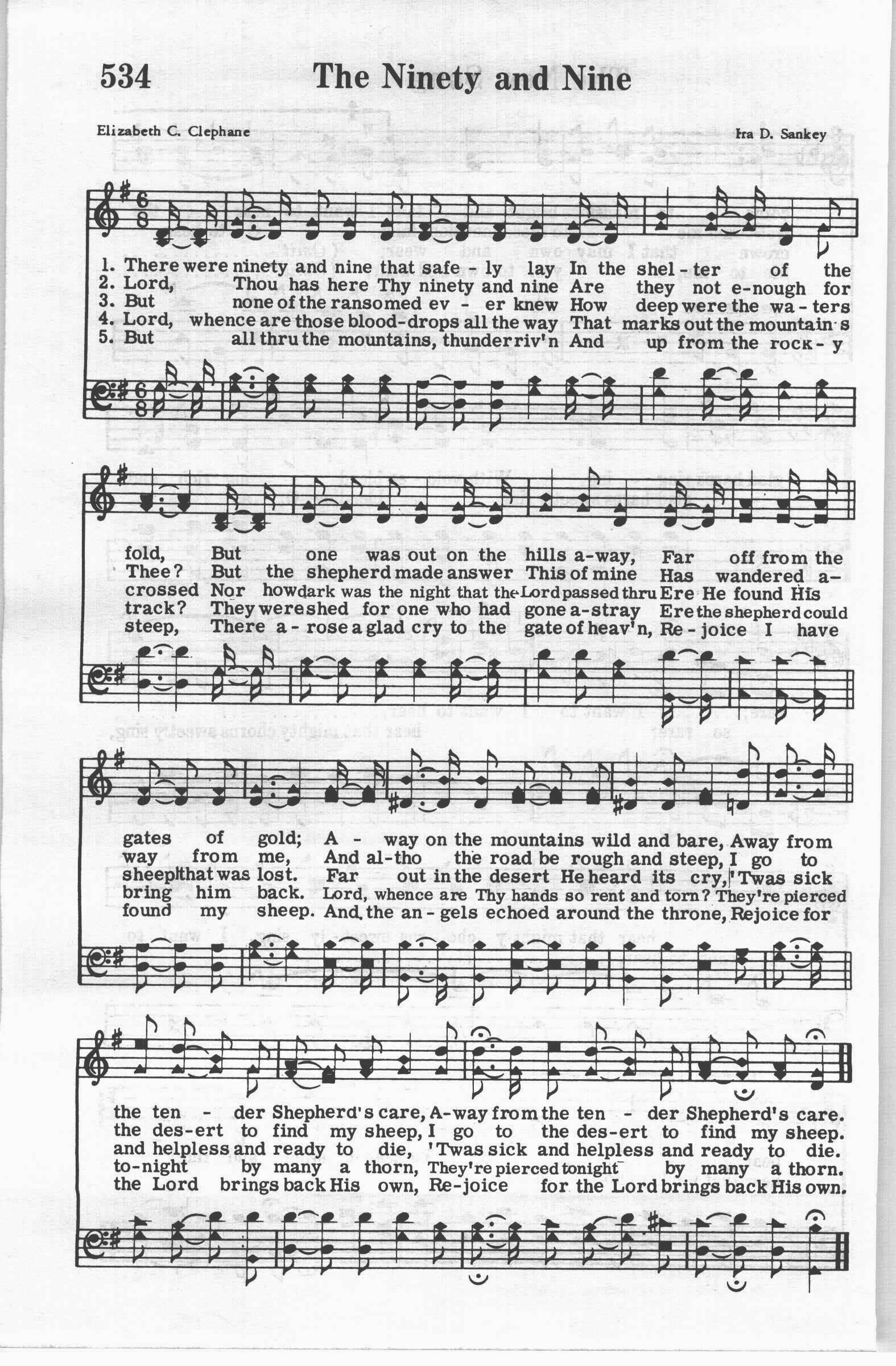

📬 Subscribe to Our Devotional Updates
Receive weekly hymns, devotionals, and website features directly in your inbox.
Hymn Information

- Category: Hymn
- Author/Writer: Elizabeth Cecilia Clephane (1868)
- Added: July 11, 2025
- Last Updated: July 11, 2025
- Views: 1140
To view the author's biography, click their name above.
MIDI File
More Hymns by Elizabeth Cecilia Clephane
Popular Hymns
Recent Blog Posts
Popular Blog Posts
Visit Us on Social Media
Latest from X (Twitter)
Tweets by HymnalLibraryLatest from Facebook
Latest on YouTube
Daily Bible Verse
Disclaimer
The hymns, sheet music, MIDI files, and related content on this website are provided for educational and research purposes only.
- Public Domain: Many of the hymns featured here are in the public domain and may be freely used.
- Copyrighted Works: Some hymns may still be under copyright protection. Where applicable, permission has either been requested from the copyright owner, or the content is shared under the principles of fair use for educational purposes.
⚠️ Important Notice: If you wish to reproduce, distribute, or use any copyrighted hymn beyond personal study or educational use, you must obtain permission directly from the copyright holder. This website does not grant any rights for commercial use yet.
If there is any other question please address it to us in our Contact Page, for further assistance. Thank you for using the site. May God Bless You.
